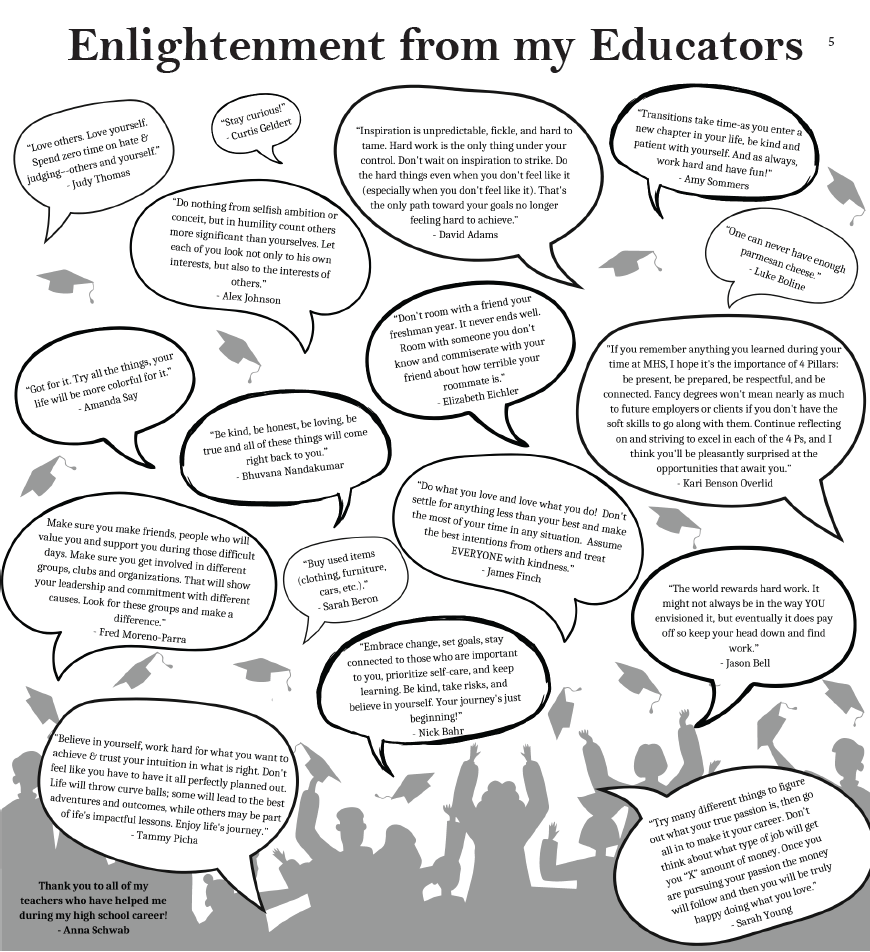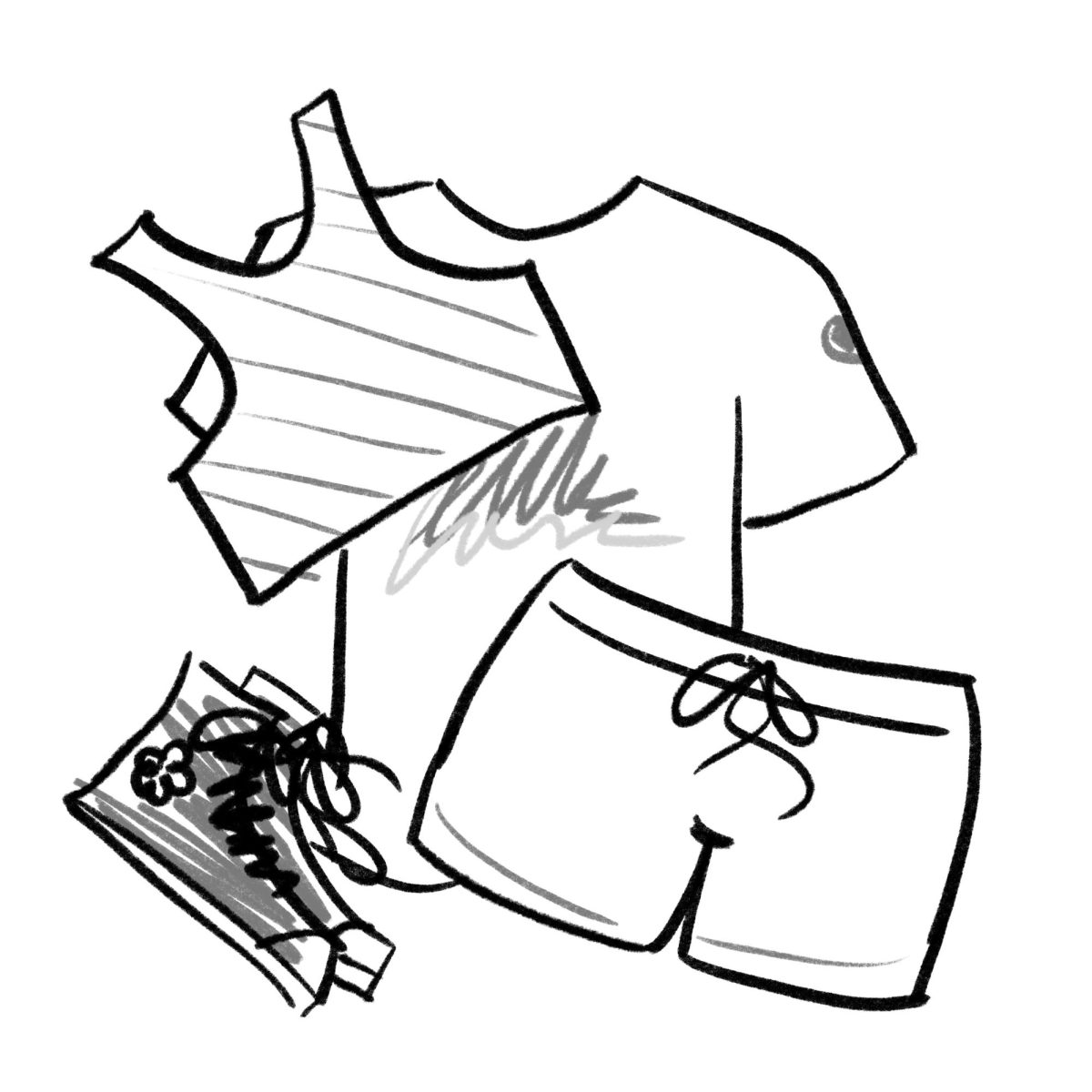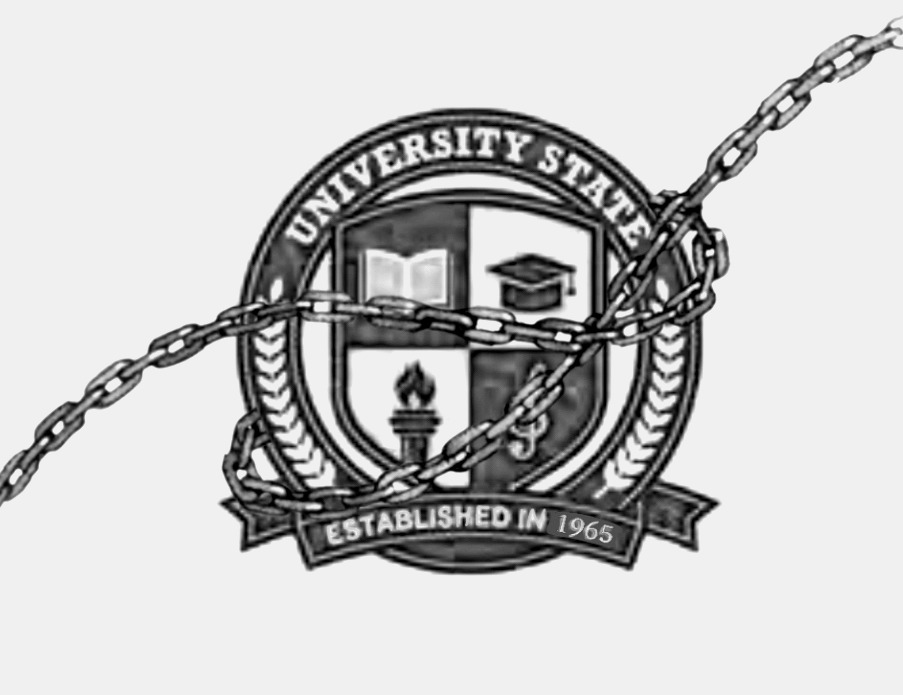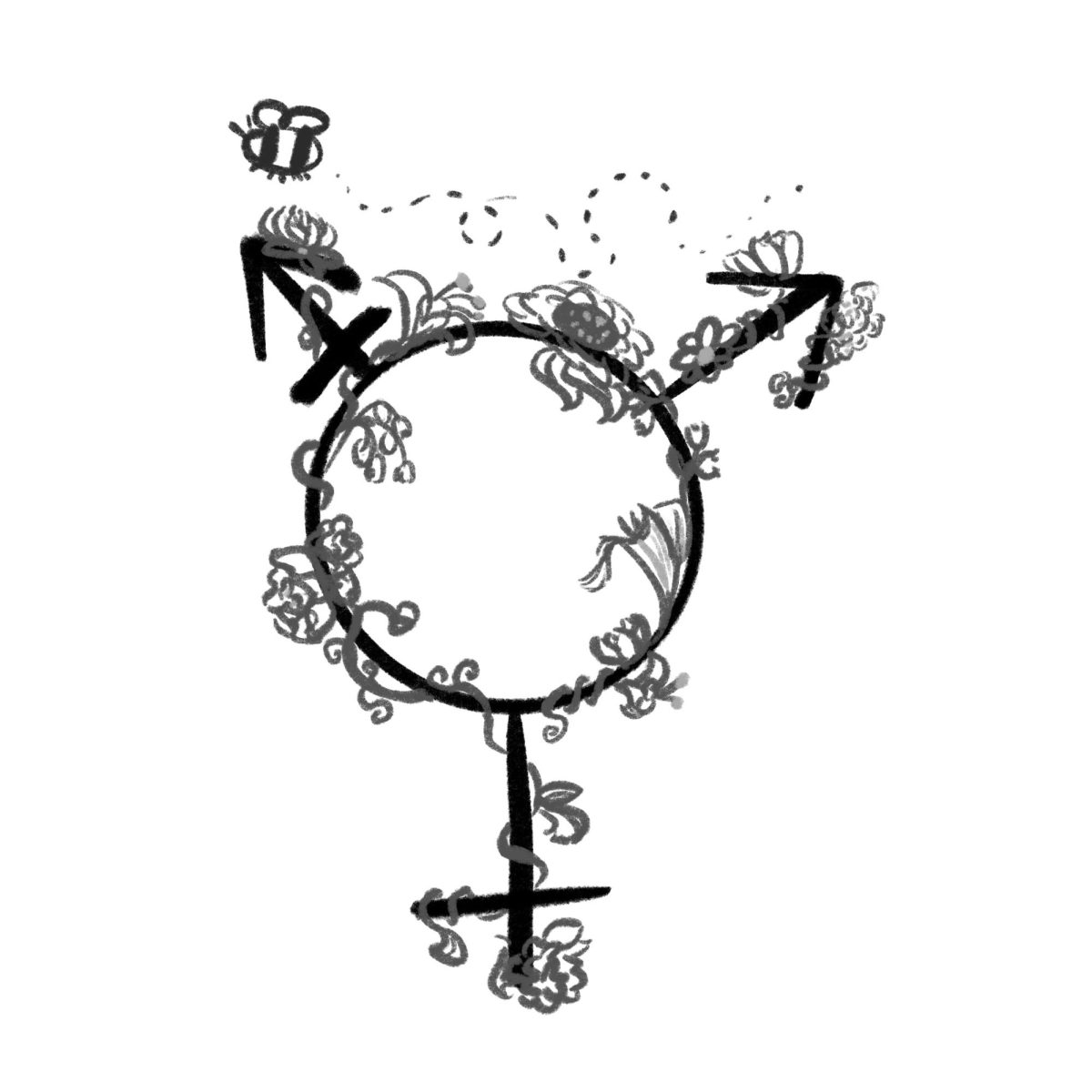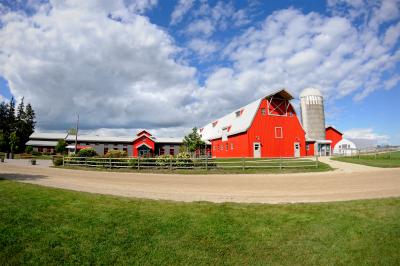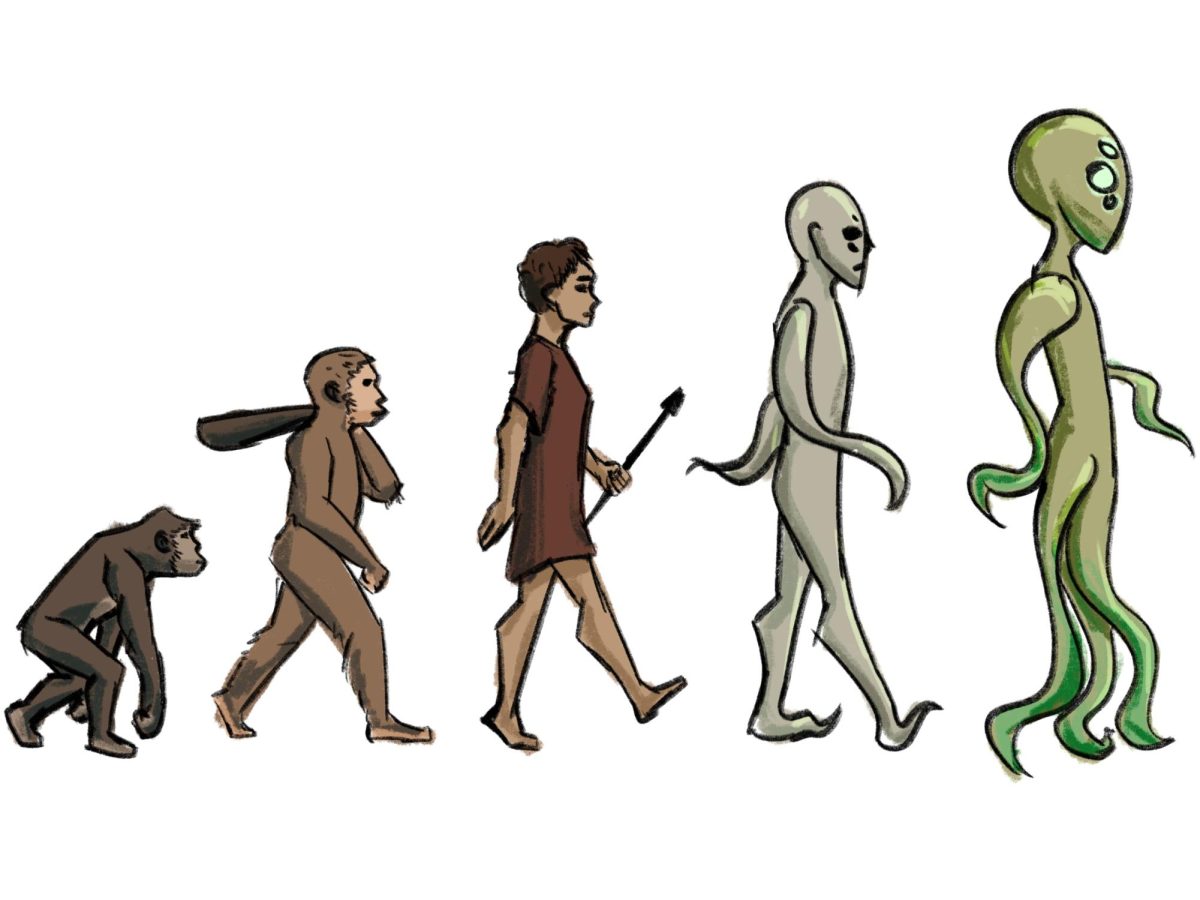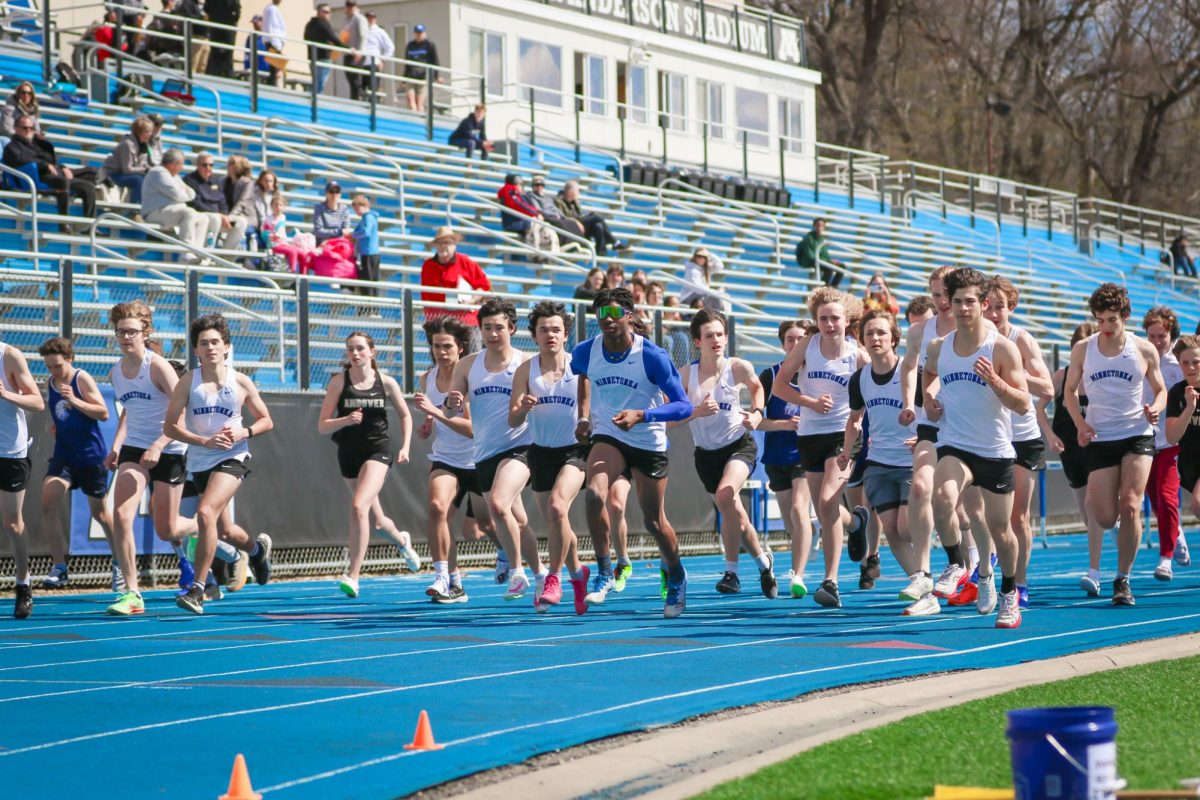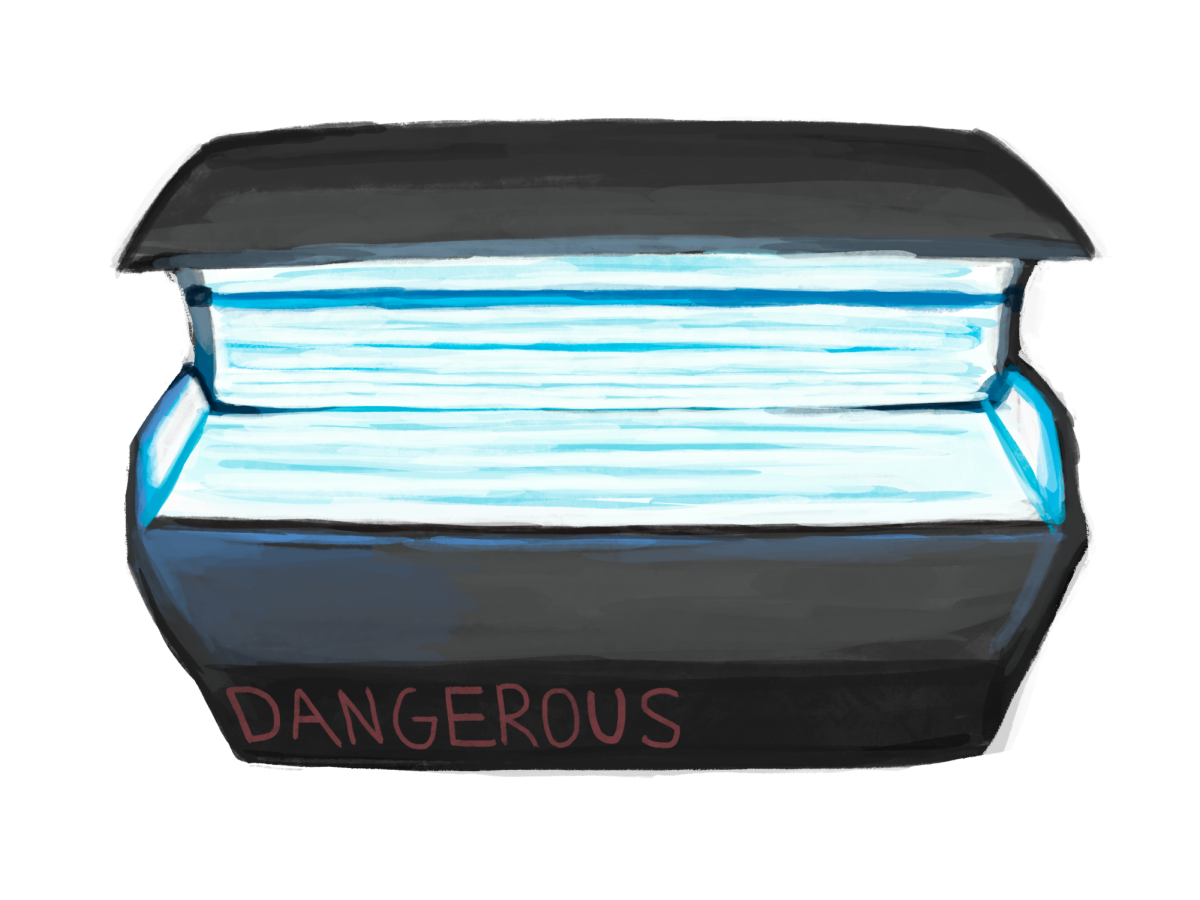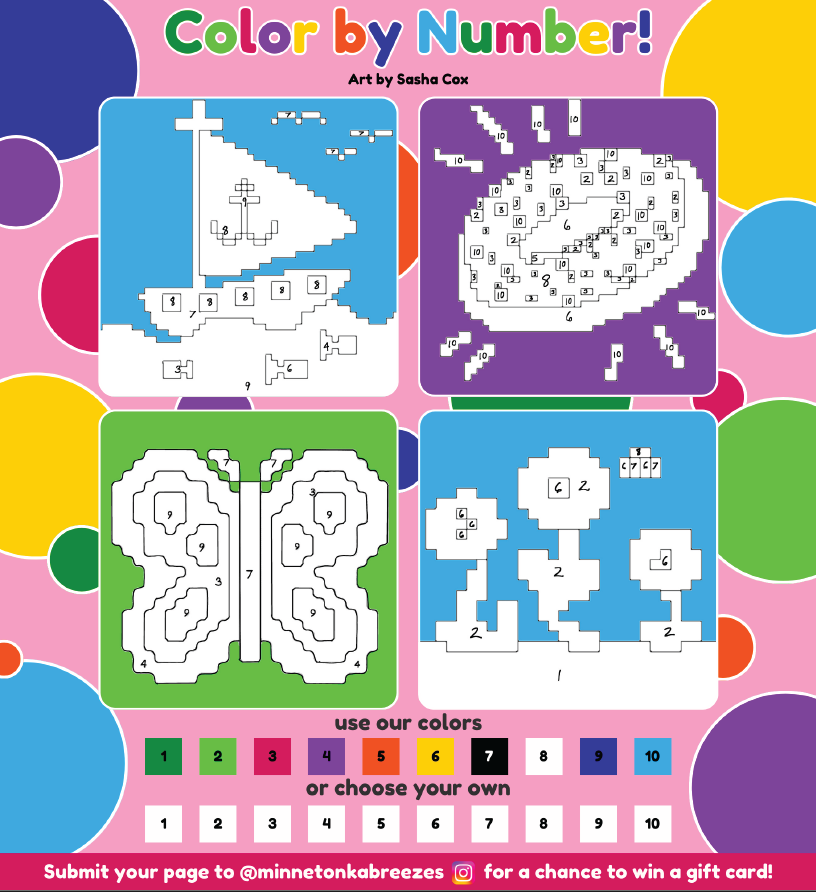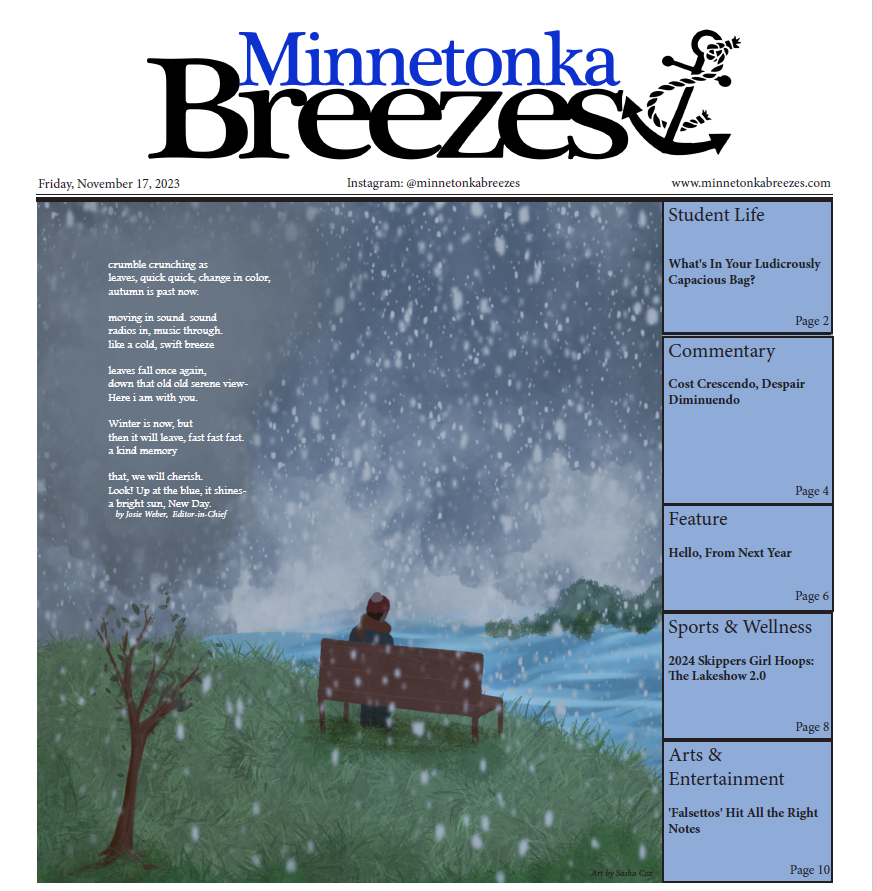Freshman
Freshman year is a year of change. A year where students will transition from the middle school, where they were micro-managed by their teachers and staff but the academics weren’t very difficult, to a situation where they have lots of freedom but the academic environment is more challenging.
Freshmen can expect a decently sized workload, which means they will need to develop strong study habits that work for them. Most students won’t have lots of AP classes, but they will definitely experience a greater workload than the one they had in middle school.
Matteo Rebman, ‘26, said that freshmen will need to “manage their time well,” and “focus on academics and making new friends.”
The adjustment to the high school environment can be paired with feelings of nervousness, but this year is a time of personal growth and development that sets you up for your next three years.
Sophomore
Sophomores in high school can expect a year with many ups and downs. Although there is more coursework (and often more difficult coursework), students now have more freedom to choose which classes they want to take. Additionally, interpersonal relationships are deeper and more meaningful after a year of connection. The study skills students developed in freshman year will become especially important as academics become more important.
Ella Roberts, ‘25, recommends that students “listen in class, because then you don’t have to learn it all again and waste time outside of class.”
Sophomore year also serves to prepare students for their junior year, what is generally considered to be the most rigorous academic period.
Jake Worms, ‘25, agrees, saying that “sophomore year kind of gets you ready for junior year, in the sense that it prepares you more for junior year than freshman year did.” Sophomore year is, no question, an exceptionally transitional one for students in their high school journey.
Junior
The third year of a high schooler’s experience can often be very challenging. This is the year many students challenge themselves academically, but it’s also a year of memories.
Jake Hennen, ‘24, recommended that students “not take junior year for granted, because it goes by fast.”
Most juniors take the most challenging classes they will take in their highschool career. Stress is more than expected this year.
Beno Bergfalk, ‘25, said that “if you don’t feel some stress, you aren’t pushing yourself hard enough.”
A secondary stressor for students is the pressure to not only go to college, but to choose a major that will define the course of their next few years. However, junior year is not all about academics.
For example, junior year is the first time students are allowed to go to prom. Students are also getting closer to leaving the school for good, and they are getting older. This year of high school is often considered to be the most stressful, but it can also be a great time for finding good, loyal friends and strengthening interpersonal relationships. Friendships can oftentimes be the buoy that keeps students afloat throughout the year.
Seniors
Senior year is expected to be a lighter academic load, but preoccupying the minds of many students are the responses to their college applications. However, students are not alone in the search for the perfect fit in their post-secondary education. Seniors should not be afraid to make use of the opportunities provided by the high school for future decisions.
Carter Friese, ‘23, (who currently attends Colby College) said to “take advantage of Minnetonka’s resources when it comes to college applications and future decisions – they’re actually insanely helpful.”
Seniors can expect extensive communication with staff from the high school in order to make their post-secondary experience as fulfilling as possible. This includes academic, social, geographic, and athletic needs.
Post-secondary education is not the only route to consider for routes after high school. There are internships and work opportunities, high-level athletic opportunities, and gap year programs for students — and if students have developed a fruitful business, they can follow that path as well. Many students have created their own businesses and have been very successful. As an added bonus, there are many more freedoms seniors get to enjoy, such as being able to leave campus to get lunch.


